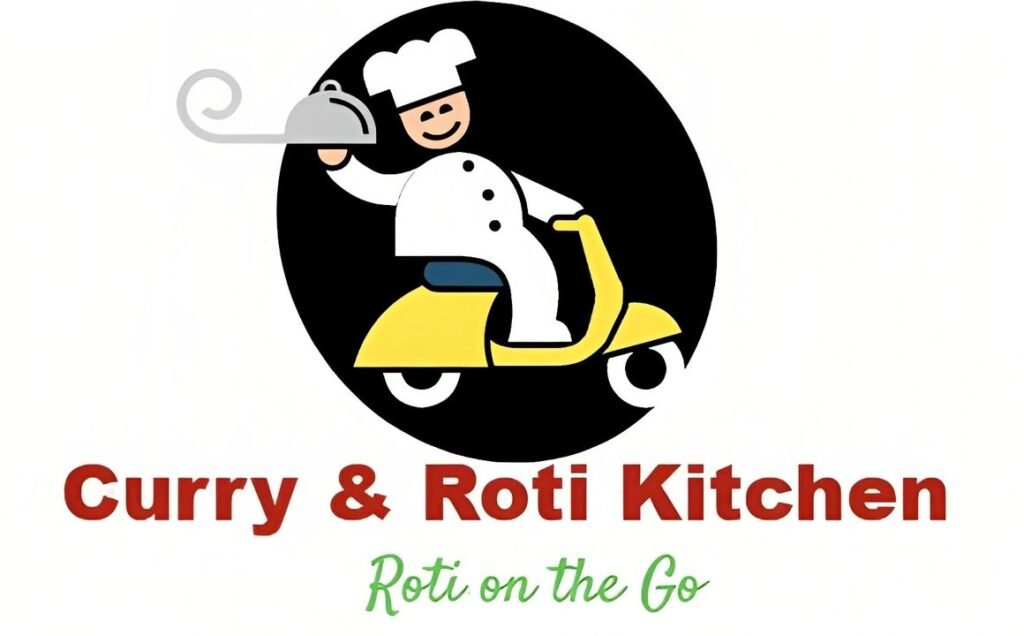Are you looking for an Indian takeout restaurant in Vancouver? Indian traditional foods carry a unique vision in social and cultural terms. They are deeply influenced by religious, regional, and agrarian thoughts and words. Indian foods have set a place in people’s hearts globally and have emerged with a unique Indian food culture, changing millions of human tastes and traditional food cultures and becoming universal cuisine.
With people’s knowledge of the year’s food making and storage methods, it was preserved and tried with contemporary ingredients that made the food delicious. The exotic spices and flavours of Indian food are native aromatics combined with Indian cuisine in their recipes. All of the Indian people are religious; they have huge love and emotion in their food culture. From veg to non-veg, you find a variety of Indian amazing dishes.
In India, food has illustrated an emotional and social bond since childhood. It has its own food list in marriage and religious festivals. Generally, everything in this Indian land country has its own traditions of food. The history of Indian food and the Indian cuisine imagination are the universal cuisine we use today. Food culture has been an important part of Indian subcontinent history.
Indian food has been shaped over the years by the changing face of this country. Indian food history is a rich tapestry of a diverse range of culinary traditions that have been in contact with the country’s cultural and geographical influences for a long time. The Indian subcontinent was historically occupied by a wide variety of communities.
Indian Food Culture: History and Culinary Imagination
Are you searching for an Indian takeout restaurant in Vancouver? The history of Indian food also includes the experience of British colonialism. New ingredients and cooking techniques have been introduced, which later became part of Indian dishes. For example, tea has gained immense popularity as a drink and then as a flavouring ingredient in Indian culinary practice. Moreover, Indian cuisine is influenced by religious and geographic factors. Hinduism, predominant in the northern part of the country, does not allow including meat in dishes, and this is why the northern culinary tradition is vegetarian.
The southern part of India, with Christians and Muslims as the majority, has a cuisine rich in meat. Indian culinary thinking evolves every day, and new dishes and scents are ready to be explored. Globalization also has an impact on the Indian nation. Indian food is very popular worldwide, and numerous dishes with Indian flavour fusions are waiting to be tasted globally.
Also, Indian chefs and enthusiasts have recently become more interested in regional Indian cuisine, experimenting with some unique flavours and teaching the population about provincial tradition, re-introducing the old-style dishes. Indian Food Culture and Traditions Indian food is not simply a gastronomic tradition of some nations.
It is emotion, tradition, and a geography-unified heritage kept alive for a lot of centuries. People consider food as a prime blessing and wash out their bodies as lunacy while dining. Indian cuisine is no wonder one of the most colourful and aromatic food cultures globally; the world, with all its travel styles, demonstrates the affluent epicurean inheritance of this country. Call Curry and Roti Vancouver Kitchen (an Indian takeout restaurant in Vancouver) now to place your order!

